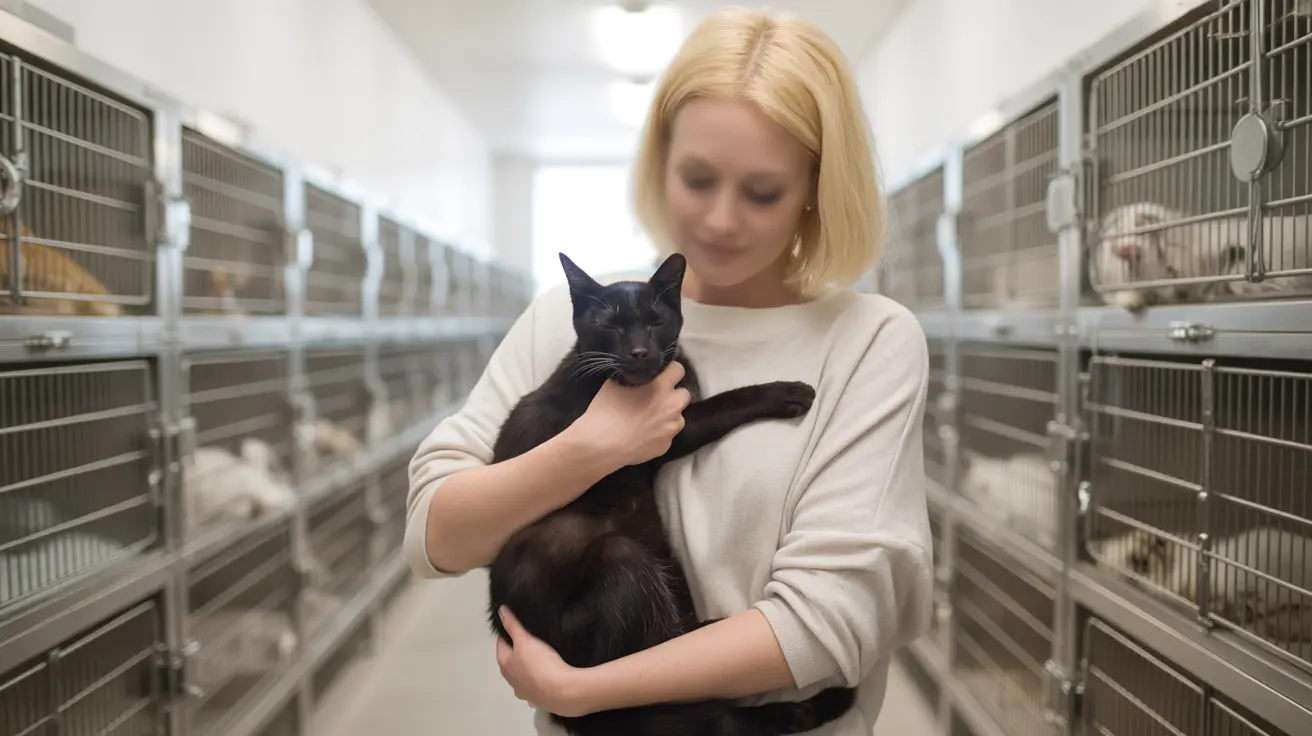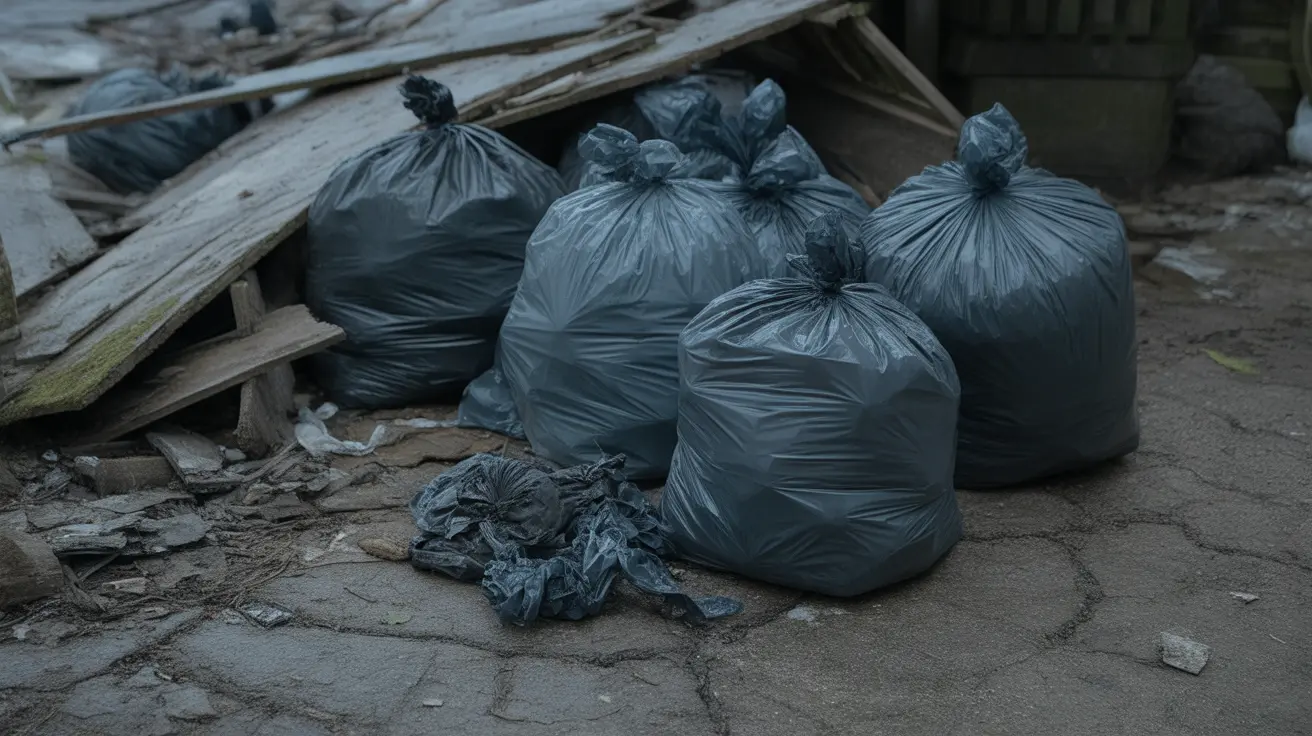What to Do If Your Dog Ate a Zinnia
Zinnias are a common garden flower known for their bright colors and ease of care. If you're a pet owner and you've discovered that your dog has ingested a zinnia, you may be concerned about possible toxicity or health issues. Fortunately, zinnias are generally non-toxic to dogs, but it's still important to understand the appropriate steps to take in this situation.
Are Zinnias Toxic to Dogs?
According to sources like the ASPCA and pet health professionals, zinnias are non-toxic to dogs. This means they do not contain any poisonous compounds that are known to cause serious health issues in canines. However, that doesn’t mean your dog can eat them freely.
Why Eating Zinnias Might Still Cause Issues
Even though zinnias are non-toxic, consuming plant matter can still irritate a dog’s digestive system. Dogs are carnivorous by nature, and their bodies aren’t equipped to digest large amounts of plant material. Possible short-term symptoms may include:
- Mild vomiting
- Diarrhea
- Loss of appetite
- Lethargy
If your dog displays persistent or worsening signs, you should contact your veterinarian for guidance.
Steps to Take If Your Dog Ate a Zinnia
- Stay Calm: Since zinnias are non-toxic, there's no need to panic. Most likely, your dog will be perfectly fine.
- Identify the Plant: Confirm that it was indeed a zinnia your dog ate. Take a photo or sample of the plant to show your vet if needed.
- Observe Your Dog: Watch for any signs of gastrointestinal distress. Symptoms like vomiting or diarrhea usually pass within a day.
- Remove More Access: Prevent your dog from eating more plants by fencing off your garden or supervising outdoor play.
- Hydrate: Ensure your dog has access to fresh water to stay hydrated, especially if they’re showing minor symptoms.
- Contact Your Vet: If symptoms are severe or last more than 24 hours, consult your veterinarian to rule out any other issues.
When to Seek Veterinary Help
While a zinnia on its own is not harmful, if your dog has eaten large quantities or if you suspect they've eaten another plant nearby that may be toxic, contact your veterinarian. Watch for these signs that may indicate a more serious issue:
- Heavy or persistent vomiting
- Bloody stool
- Extreme lethargy or weakness
- Trouble breathing
- Seizures
Safe Gardening Practices for Dog Owners
To keep your dog safe in the garden, consider these tips:
- Know your plants: Research which plants are safe and which are toxic to pets.
- Use barriers: If possible, fence off areas where toxic or problematic plants are growing.
- Train your dog: Work on commands like "leave it" to prevent your dog from chewing on plants.
- Offer safe alternatives: Provide chew-safe plants or toys to direct their attention away from your garden.
Conclusion
If your dog ate a zinnia, there's little cause for alarm. Zinnias are non-toxic, and at most, they may cause mild stomach upset. That said, monitoring your dog and using proactive gardening strategies can ensure this type of incident doesn't happen again. When in doubt, reach out to your vet for peace of mind and further advice. Responsible pet ownership and knowledge about plant safety go hand-in-hand in keeping your furry friend happy and healthy.





